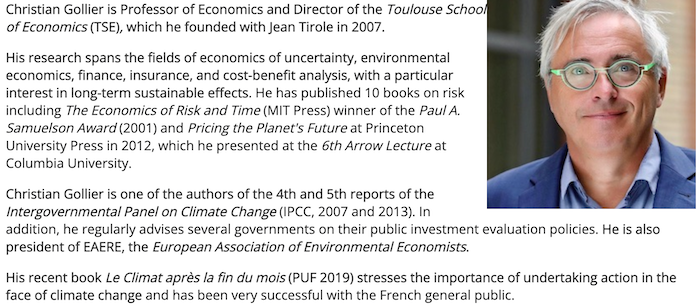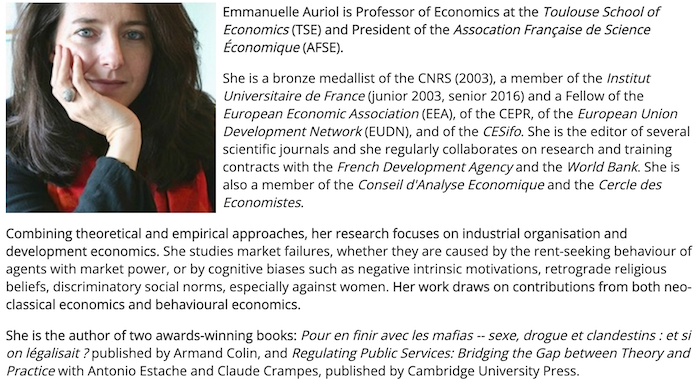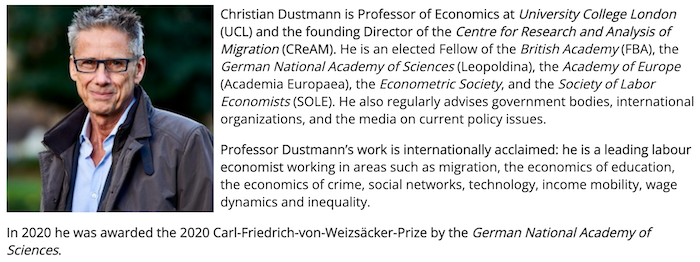Christian GOLLIER (TSE) - Inaugural Lecture on June 14th
How Do We Express Our Responsibility to Future Generations? Discounting and Carbon Value
Abstract:
The energy transition will be costly, but it will reduce much larger climate damages in the future without it. In order to compare these immediate costs with their future benefits, one must estimate the “carbon value”, which is ideally equal to the discounted value of the flow of marginal climate damages. This raises the issue of the rate at which very distant climate damages should be discounted. I will explore the economic and moral issues behind our discounting systems in relation to our responsibilities towards future generations, and how they translate into a climate discount rate. I will be particularly interested in the role of the deep uncertainties surrounding the fate of our civilization on this Planet, the intensity of climate change, and the speed of green technological progress.
Christian Gollier’s keynote lecture is based on previously published works and a new working paper available here (link).

Emmanuelle AURIOL (TSE) - Presidential Address on June 15th
Women in Economics: Europe and the World
Abstract:
Based on a dataset that we collected from the top research institutions in economics around the globe (including universities, business schools, and other organizations, such as central banks), we document the underrepresentation of women in economics. For the 238 universities and business schools in the sample, women hold 25% of senior-level positions (full professor or associate professor) and 37% of junior-level positions. In the 82 US universities and business schools, the figures are 20% on the senior level and 32% on the entry level, while in the 122 European institutions, the numbers are 27% and 38%, respectively, with some heterogeneity across countries. The numbers also show that the highest-ranking institutions (in terms of research output) have fewer women in senior positions. Moreover, in the United States, this effect is even present on the junior level. The “leaky pipeline” may hence begin earlier than oftentimes assumed and is even more of an issue in the highly integrated market of the United States. In Europe, an institution ranked 100 places higher has 3 percentage points fewer women in senior positions, but in the United States, it is almost 5 percentage points.
Emmanuelle Auriol’s keynote lecture is based on her paper Underrepresentation of women in the economics profession more pronounced in the United States compared to heterogeneous Europe (joint with Guido Friebel, Alisa Weinberger, and Sascha Wilhelm), available here (link).

Christian DUSTMANN (UCL) - Jean-Jacques Laffont Lecture on June 16th
The Effects of Immigration on Places and Individuals – Identification and Interpretation






